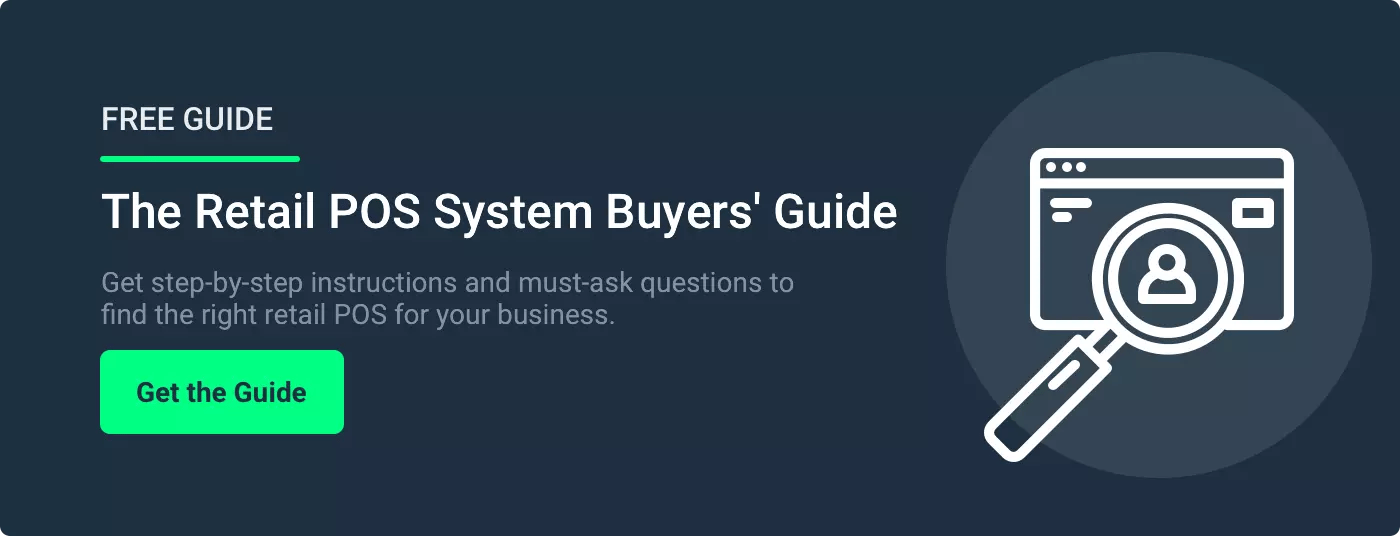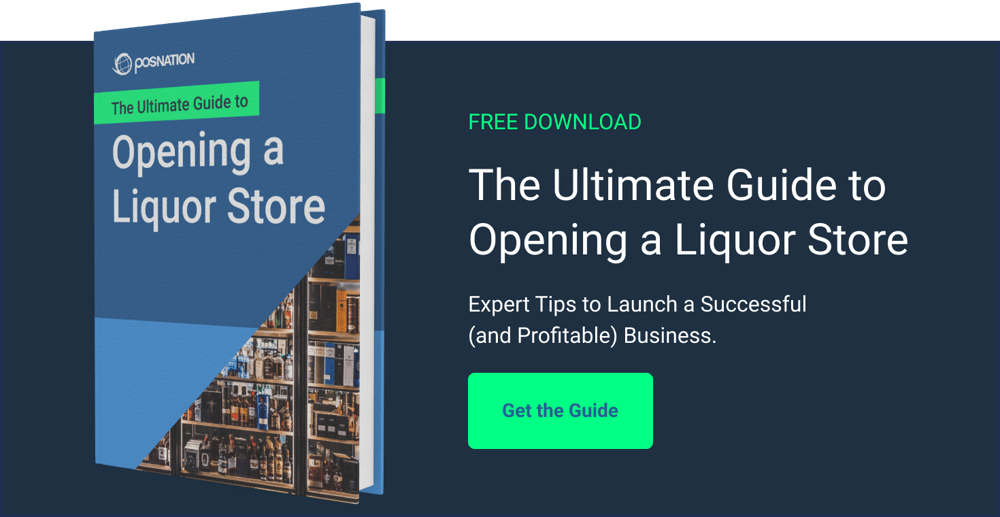Opening a liquor store can’t be that complicated, right?
If you follow the right process, it’s not. However, knowing what that “right process” is can be challenging.
Obtaining a liquor license in Florida can sometimes feel like playing a game of Whack-A-Mole — as soon as you think you've hit all the requirements, another one that needs your attention pops up. From registering for an application to deciding which license you need (if there’s one available) and how to apply, there are various requirements to meet.
This article will give you everything you need to apply for a liquor license in the Sunshine State and help put your mind at ease.
Florida Liquor License Requirements: What You Need To Know
In an ideal world, a love for tropical beverages and a knack for customer service would be all you need to open your liquor store. Unfortunately, you must also navigate the Florida liquor licensing process.
First, determine the type of liquor license you need. Will you need a beer and wine license or a full liquor license? Consider your plan, local regulations, and budget before you decide. Also factor in zoning and location requirements.
The application process is no walk in the park, either. There’s the list of necessary documents, the application form, and what could be a long wait for the licensing board to review and approve your application.
Operating without a license is a serious offense. If you don’t apply for a liquor license, you face fines, criminal charges, and even imprisonment in severe cases.
Your business might be closed down, and you’ll struggle to get a license in the future. In other words, it’s not worth it. Let’s make sure you’re fully compliant with license requirements so you can start selling alcohol!
Related Read: Before You Open A Liquor Store, Consider These 6 Things First
Determining the Type of Liquor License You Need
There are various types of liquor licenses in Florida, but they fall under two main categories:
- Alcohol Package Sales License (APS): Typically for businesses like grocery stores, liquor stores, and convenience stores. You can sell alcohol to customers to consume off-premise.
- Consumption on Premises License (COP): Primarily for bars and restaurants, places you'd sit and sip your drink as you watch the Florida sunset.
Caveat: Some restaurants in Florida need a separate license. The Special Food Service License (SFS) has further requirements, such as seating capacities and square footage.
To dive a little deeper:
- 1APS: This license allows a store to sell only packaged beer for off-premises consumption.
- 2APS: Grocery stores, convenience stores, and other retail stores can sell packaged wine and beer for customers to enjoy elsewhere.
- 3PS: Allows a business to sell spirits, wine, and beer.
As you can see, you need to determine the type of alcohol you want to sell and whether you plan for customers to consume alcohol on your premises before selecting a license.
Beer and wine licenses are plentiful, and there’s no cap on how many the state will issue. But for a full liquor license, things are more complicated. You'll need a quota license, which is limited based on the county population.
What Is a Quota License?
There is a quota system for liquor licenses in Florida. A county's population determines how many licenses are available. Full liquor licenses (Series 3PS) allow businesses to sell beer, wine, and spirits on premises and by package.
Florida allows only one license per 7,500 people for retail stores and bars selling hard liquor. One new license is made available upon each increase of 7,500 in population. Florida's Department of Business and Professional Regulation (DBPR) conducts a yearly public draw for quota licenses.
Lottery participants must complete an entry form and pay a non-refundable entry fee. Even if you win the lottery, you must still complete the regular licensing application process and pay the licensing fees. But be quick! You only have 45 days to apply.
If you don’t want to gamble on winning the lottery, you can purchase a license from someone else.
To do so, you must complete the transfer application, which requires information about the buyer and the seller. Then you’ll submit the necessary documents, such as proof of ownership or lease agreement for the business location, pay the applicable transfer fees, and obtain approval from the DBPR.
How Can You Register for a Liquor License?
Before you apply for your license, you’ll need to register for one.
- Verify location eligibility: Can your chosen location legally sell alcohol? Check zoning restrictions, fire codes, and any other local regulations. There are two counties in Florida where alcohol sales are still forbidden: Lafayette County and Liberty County.
- Obtain a Florida Business Tax Receipt: Also known as a sales tax license, you can get yours from the Florida Department of Revenue. The process varies based on your location. You may need additional permits depending on where you set up shop.
What’s Required in the Application Process?
Once you’re registered, you can start the application process. Complete the application form, ensuring you answer every question honestly and accurately. Missing a section or getting it wrong can significantly delay the process. Lastly, you’ll submit the required documents along with your application fee.
The primary documents you’ll need are:
- Proof of right to occupy the premises (such as a lease or deed)
- A detailed floor plan of the premises
- Fingerprints for a background check
- Proof of identification
- Financial information to demonstrate you have the means to operate the business
It can take 45-60 days for the DBPR to review your application, but they have up to 90 days to decide. Once approved, the DBPR will schedule a site inspection. If you pass, you’re ready to open your doors!
How Much Does a Liquor License Cost?
Generally, state license fees are determined by the county population where you wish to operate.
- 2APS (Beer and Wine Package Sales): Between $60 and $140, plus 40 percent of the fee.
- 1APS (Beer Packages Sales): Between $20 and $100, plus 40 percent of the fee.
- Beer, Wine, and Liquor Package Sales: 3PS licenses are $1,365; 3APS licenses are $1,170; 3BPS licenses are $975; 3CPS licenses are $643.50; and 3DPS licenses are $468.
Complying With Alcohol Training Requirements
Florida has a Responsible Vendor Program in place. It’s a voluntary program set up by the DBPR that offers benefits and protections to your business if you comply with its guidelines.
The program helps and supports you in training your employees on the responsible service and sale of alcohol, including understanding the laws related to underage drinking, recognizing signs of intoxication, and knowing when and how to refuse service.
If your business complies with the program, you get certain benefits like mitigation in penalties if an employee does sell alcohol to a minor or an intoxicated person. To enroll in the program, submit an application form and provide proof that you have an employee training program in place.
Serving alcohol responsibly is critical to running a successful and legal business in Florida.
How POS Nation Can Support Your Florida Liquor Store
Once you’ve got your license, you need to think about the next step: running your store! To do so successfully, consider investing in a powerful liquor store point of sale (POS) system.
We work with liquor store owners nationwide at POS Nation to streamline operations and make running their stores a breeze. Our POS system is easy to use and specifically designed with the needs of liquor store owners in mind.
Features and benefits tailored to liquor store owners include:
- Mix and match bottle pricing to encourage customers to try new products
- Case break inventory tracking so you can easily track individual cases and bottles
- Cash discounting to incentivize customers to pay with cash
- Sales reports for valuable insights into your business
- Automatic inventory ordering so you’re never caught short
- Easy management of coupons, bundles, and promotions
- Age verification features baked in
And more. For a more in-depth look at managing your inventory effectively, check out our Guide to Liquor Store Inventory Management. 

